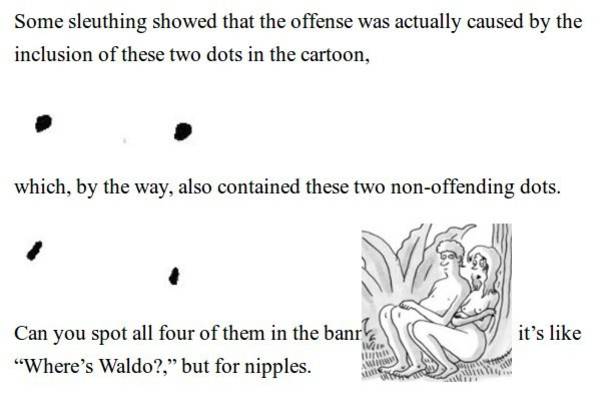
Author William Gibson poses for a portrait at the Last Bookstore in Los Angeles.
Photo: Jason Redmond/Wired
Photo: Jason Redmond/Wired
One of science fiction’s most visionary and distinctive voices, William Gibson maintains that he and his fellow writers don’t possess some mystical ability to peer into the future.
“We’re almost always wrong,” said Gibson in a phone interview with Wired. Gibson coined the term cyberspace in his 1982 short story “Burning Chrome” and expanded on the concept in his 1984 debut novel, Neuromancer.
In that book, which quickly became a classic, inspiring pop culture and science fiction for decades to come, Gibson predicted that the “consensual hallucination” of cyberspace would be “experienced daily by billions of legitimate operators, in every nation” in a global network of “unthinkable complexity.”
Yet Gibson says he simply got lucky with his prescient depiction of a digital world. “The thing that Neuromancer predicts as being actually like the internet isn’t actually like the internet at all!” said the writer, who has since penned numerous critically acclaimed novels, including Count Zero (1986), Mona Lisa Overdrive (1988), The Difference Engine (co-authored with Bruce Sterling, 1990), Pattern Recognition (2003) and Zero History (2010).
Gibson’s most recent book, a collection of nonfiction called Distrust That Particular Flavor, was published this year; he is currently working on a new novel, tentatively titled The Peripheral.
In this Wired interview, which will be published over the next three days, Gibson discusses a dizzying range of subjects, including antique watches, comic books, punk rock, fortune tellers, internet memes and the long-running plans for a Neuromancer movie.
Wired: Do you think the category “science fiction” is useful anymore? Your last few books, like the Blue Ant trilogy, qualify as science fiction, but they’re set in a feasible approximation of present-day reality.


